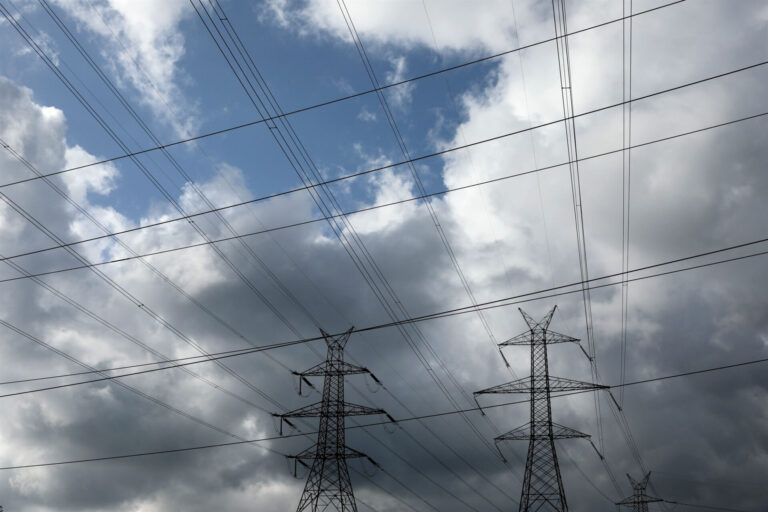New survey reveals a quarter of 15-year-old girls feel lonely most of the time or always, highlighting the need for mental health interventions tailored to women and girls
Adolescent girls have worse mental health and well-being across the board compared to boys, finds a new survey report by the WHO Regional Office for Europe released today, World Mental Health Day.
Moreover, these gaps get worse with age, with 15-year-old girls showing the worst outcomes.
The report, “Focus on adolescent mental health and well-being in Europe and central Asia”, is based on data from the Health Behaviour in School-aged Children (HBSC) survey 2021/2022, which monitors the health behaviours and social environments of nearly 280 000 boys and girls aged 11, 13 and 15 years from 44 countries in Europe and central Asia.
Girls scored consistently lower on life satisfaction, mental well-being and self-rated health, and higher on loneliness, than did boys. About a quarter of 15-year-old girls reported feeling lonely most of the time or always in the past year, compared with about one in seven boys.
A long-running pattern
Although the COVID-19 pandemic and its containment measures are believed to have played a role, they are not the sole explanation. In fact, life satisfaction and self-rated health among adolescents, particularly girls, has been in decline since 2018, even before the pandemic, while there has been a rise in multiple health complaints – such as difficulty sleeping, backaches or headaches, or feeling low – since 2014.
“I think there’s a lot of girls who put themselves down because they’re like ‘Am I good enough? Am I strong enough? Am I capable of doing things?’,” said one girl from a secondary school in Scotland, when asked about the results. “They put themselves down and beat themselves up for nothing. They don’t appreciate themselves for who they are.”
“The challenges faced by young people today are diverse and demanding, ranging from the climate crisis to academic pressures and social expectations to the pervasive influence of social media,” said Dr Hans Henri P. Kluge, WHO Regional Director for Europe. “It is our collective responsibility to ensure they have the support and resources they need to navigate these challenges successfully. Just last month, the WHO Regional Office for Europe launched the Youth4Health Network, which will give young people a seat at the table in the decisions about their health and well-being. Today – on World Mental Health Day – we stand together to emphasize the crucial importance of youth mental health.”
The survey also found that one-third of adolescents experienced feeling nervous or irritable more than once a week in the last six months. One in four reported sleep difficulties (29%) and/or feeling low (25%). One in five (20%) reported frequent headaches more than once a week.
The report also reiterates longstanding findings that socioeconomic status is an indicator of mental health, with overall health being worse among adolescents from less affluent families.
Early interventions with a focus on schools
These findings lay bare the importance of intervening early. While not all adolescents who report poor mental health outcomes will need specialist treatment, such as that from a psychiatrist, they may eventually need such treatment if these complaints are not addressed right away.
Schools are highlighted as a particularly important space to this end, as in most countries they serve as the first point of contact for adolescents experiencing mental health issues. Having schools take centre stage in some mental health promotion and prevention programmes may provide the greatest return on investment in terms of improving child and adolescent mental health.
For students who require more specialist support, schools can refer them to other community-based services, including hospitals and community mental health centres.
A foundation for holistic health and well-being
Being able to monitor child and adolescent mental health, such as through the HBSC surveys, can help determine the impact of national or regional activities to improve mental health and well-being.
“With its long-term trends, HBSC enables us to monitor the impact of wider societal change and individual lifestyles on health outcomes for adolescents,” says Jo Inchley, HBSC International Coordinator. “Importantly, it lets us hear from young people themselves about the issues that matter to them and the factors that affect their health and well-being. While there are many challenges to address, the data also highlight the importance of providing caring and supportive environments in which adolescents can thrive.”
“The findings from this survey are sobering. Young people are telling us they don’t feel alright, and it is up to us, as adults, decision-makers, to listen to them, and act,” concluded Dr Kluge. “Our survey highlights the urgent need for more tailored mental health interventions for girls and women, in our schools, in our homes and in our communities. And while boys might not be reporting the same level of mental health concerns, they must be sensitized on how to look out for signs of distress, anxiety or loneliness, in themselves and others. Together, we can make mental health truly matter everywhere in our region.”
Source: World Health Organization







